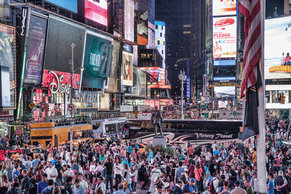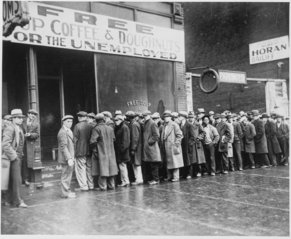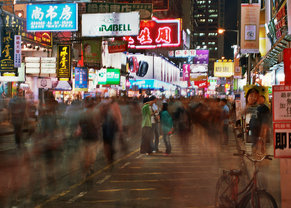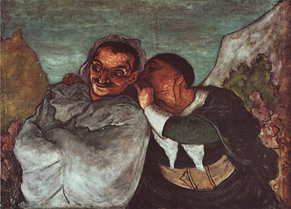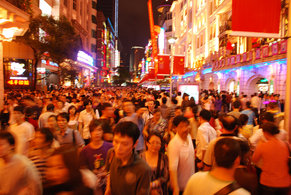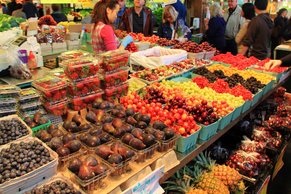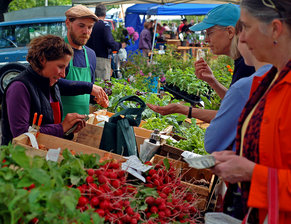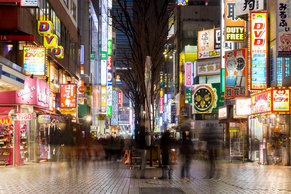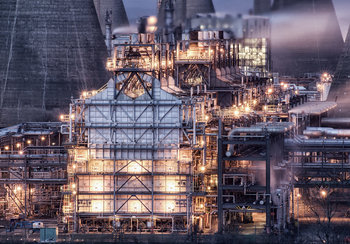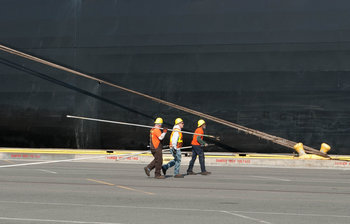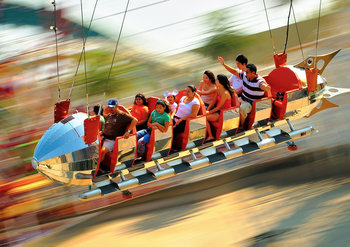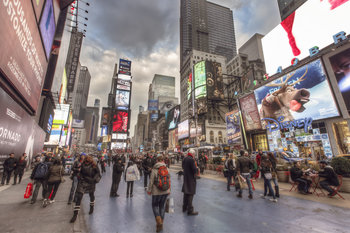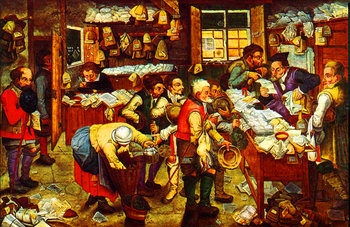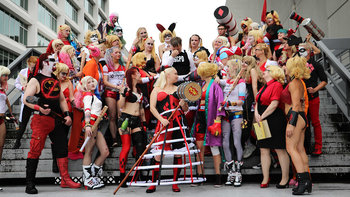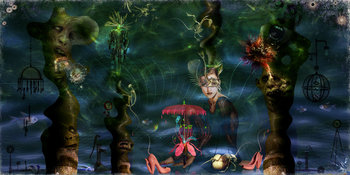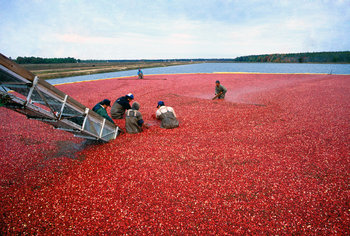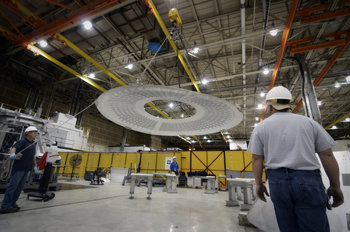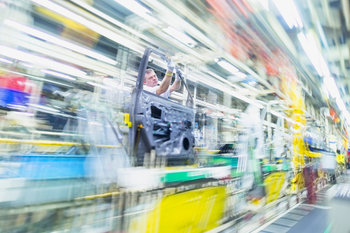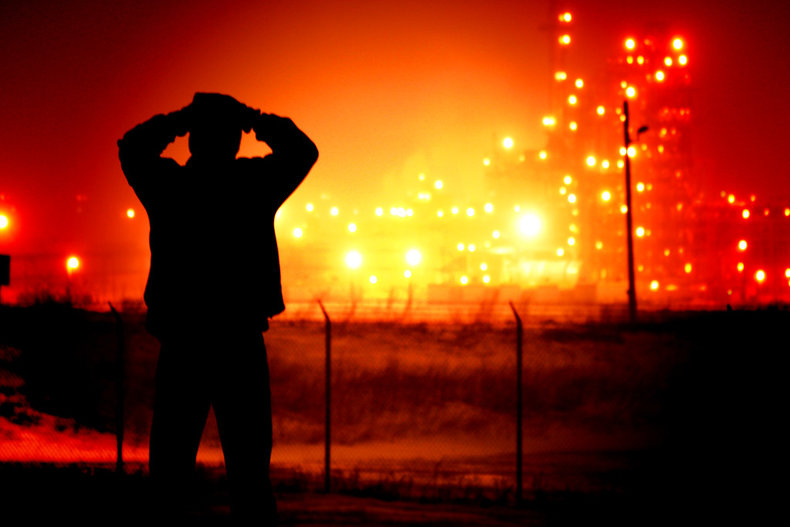
Mechanization
Industrialization involves introducing machines to production processes. This is its primary defining characteristic.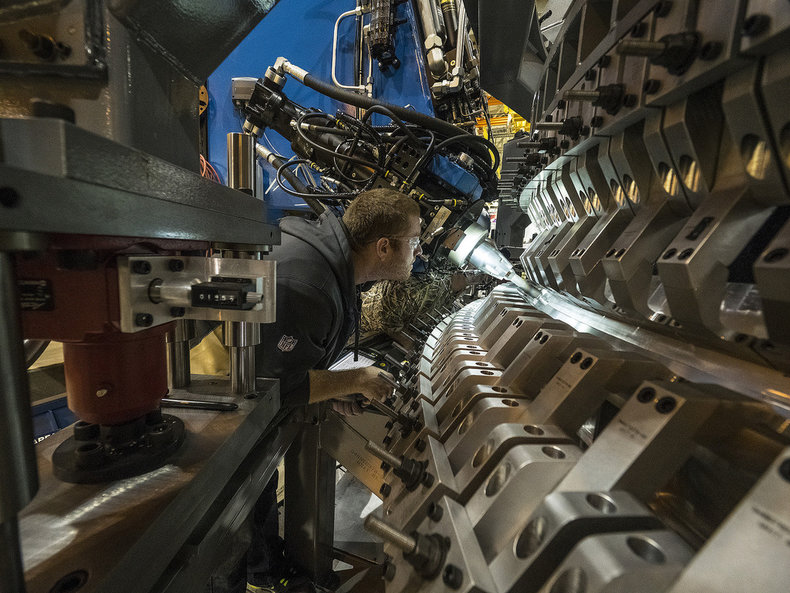
Automation
Automation is the process of removing labor from processes. This is a key to cost reduction, quality and competition in many industries.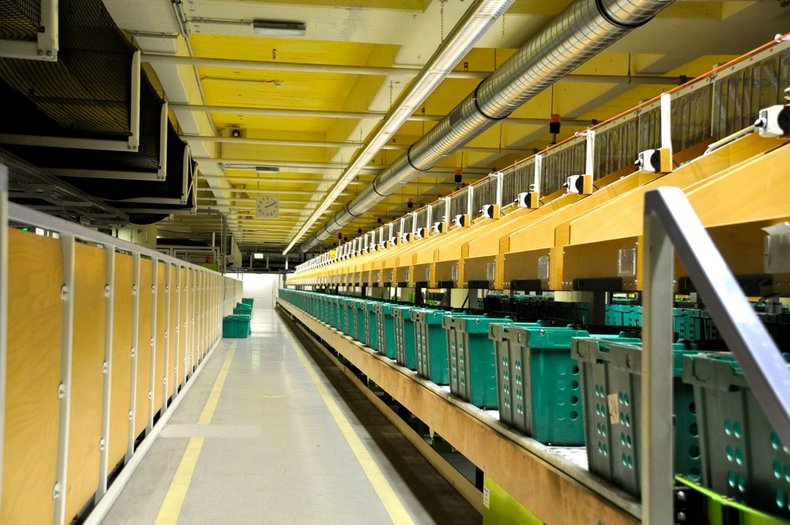
Division of Labour
The division of labor is the organization of work into different roles, knowledge areas and tasks. The most vivid example of this is an assembly line where a worker puts a single part onto thousands of units in a shift. However, the division of labor also occurs in highly skilled professions and knowledge areas such as an information security professional with special knowledge of database security.
Productivity
The automation of toil frees human labor for more demanding tasks. This increases the average amount of goods created in an hour of work. For example, a farmer using a large combine harvester potentially produces far more value in an hour than a farmer harvesting a crop with a hand tool.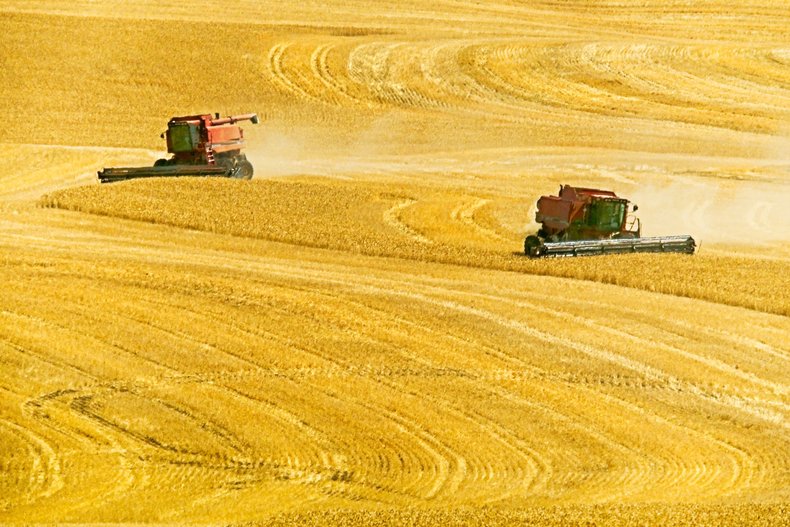
Economies of Scale
Industrialization represents a shift to greater economies of scale whereby production becomes more efficient due to greater volumes. For example, a factory that can bake a million buns for $0.1 each as compared to a small bakery that produces a few dozen buns for $0.4 each.
Mass Production
Mass production is the organization of production processes to achieve economies of scale. Such processes typically use mechanization, automation and division of labor.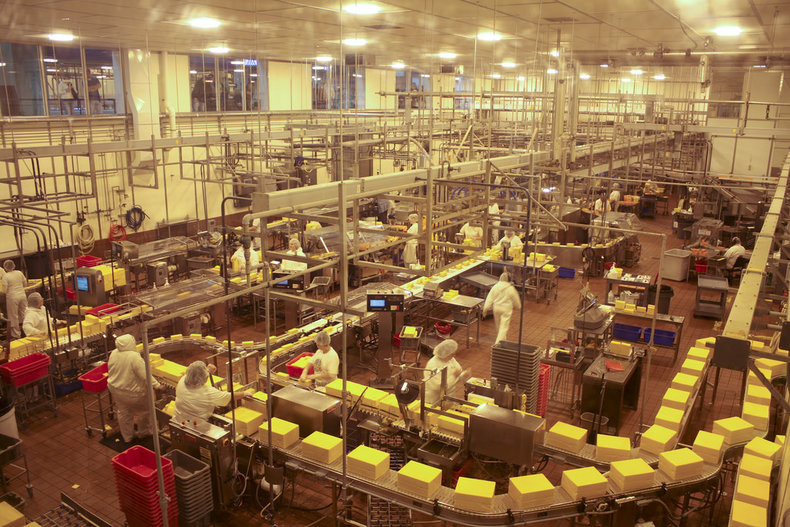
Competition
Scale brings intensive competition as the rewards for winning a market are great. This drives constant improvement to cost, quality, functionality, features and marketing.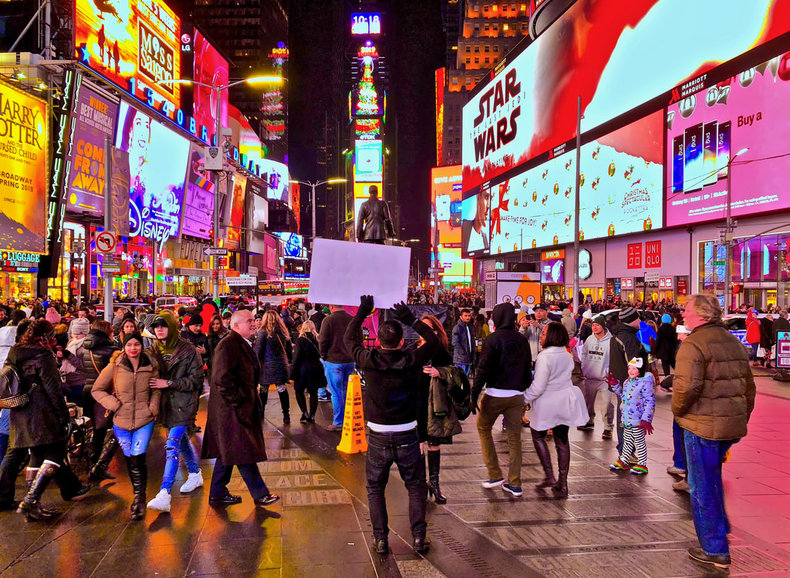
Complexity
Competition drives increasingly complex processes, practices, products and services. For example, for several decades computer processor speeds doubled every 18 months as product performance required constant improvement to stay relevant.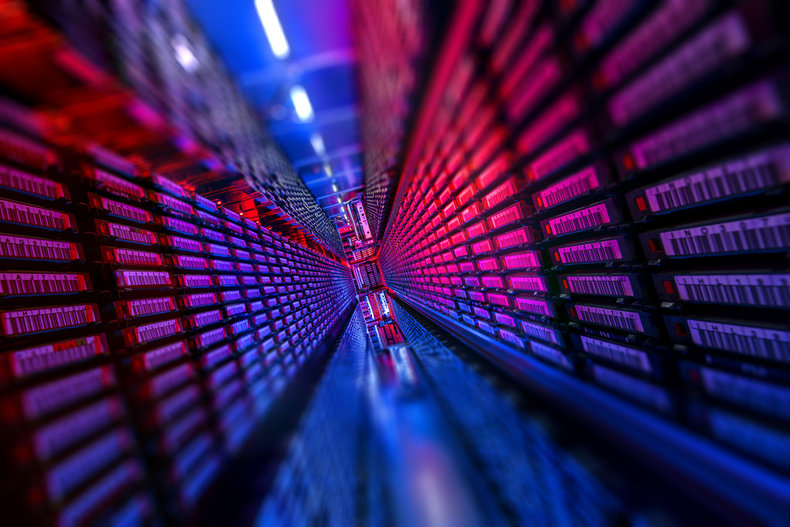
Commoditization
Competition drives a process of commoditization whereby goods that were once viewed as high value are increasingly seen as interchangeable such that all producers must keep up with market prices and standard quality levels to survive.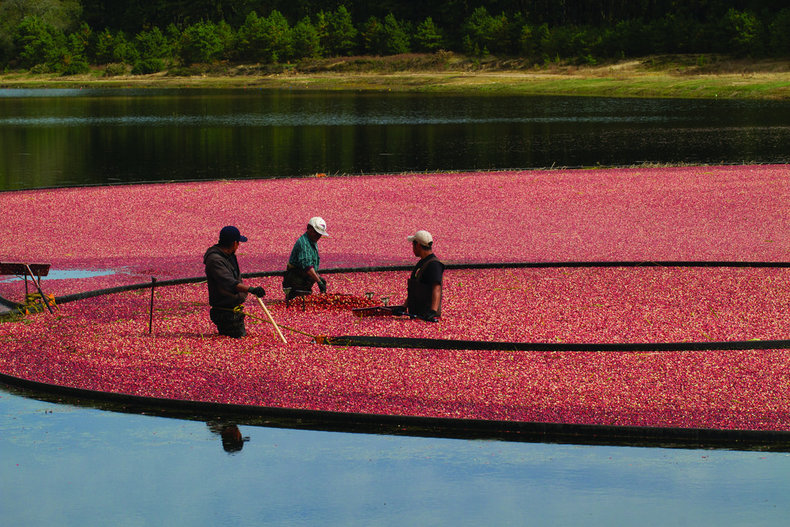
Labor Commoditization
Skills, abilities and knowledge that are valuable today can become a standard skill that doesn't demand a premium salary tomorrow. This is a process whereby a high salary causes many people to learn a skill leading to greater supply of that skill in the labor market. Although this is depressing, this is a vital process that challenges workers to constantly learn and adapt.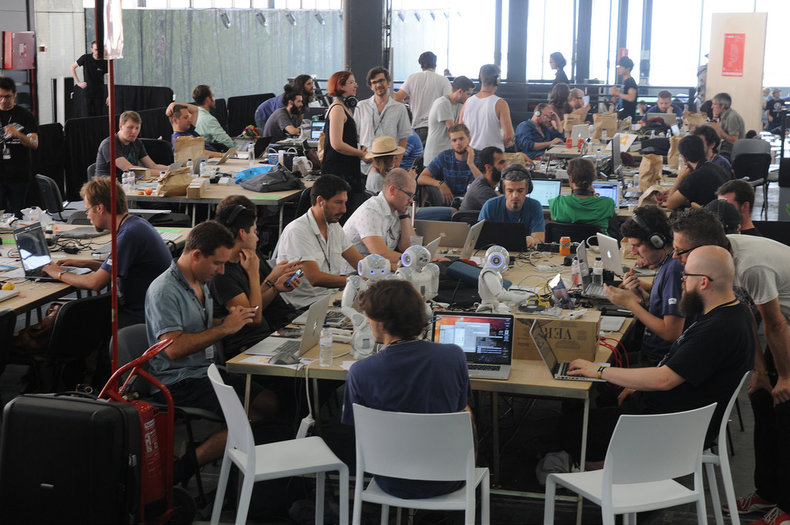
Organized Labor
Industrialization represents a large social shift whereby people leave the family farm to work for large organizations that have a superior negotiating position. As such, workers may organize to negotiate collectively with the employer. This may play a role in producing a large middle class with better working conditions.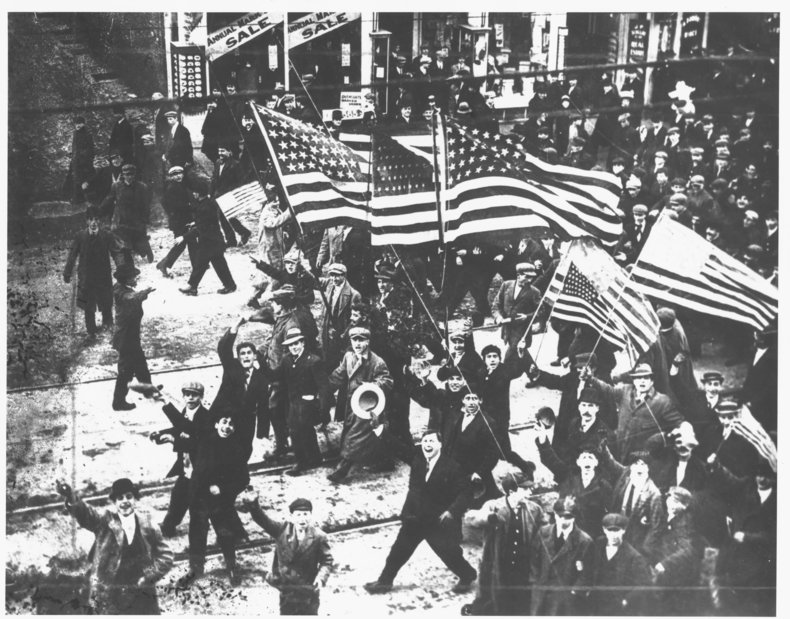
Globalization
Globalization is a long running process whereby the systems of nations are increasingly intertwined and interrelated. The economies of scale of an industrial economy can be further extended by accessing international markets. Globalization allows for a system where each nation produces goods for which it has a comparative advantage. Globalization is a complex issue that has implications in areas such as culture and environment. However, from a purely economic point of view it is logical. This can be demonstrated with a thought experiment. If you can produce carrots for $1 and onions for $8 and have a trading partner that can produce carrots for $8 and onions for $1, you both benefit if you produce all carrots and the partner produces all onions.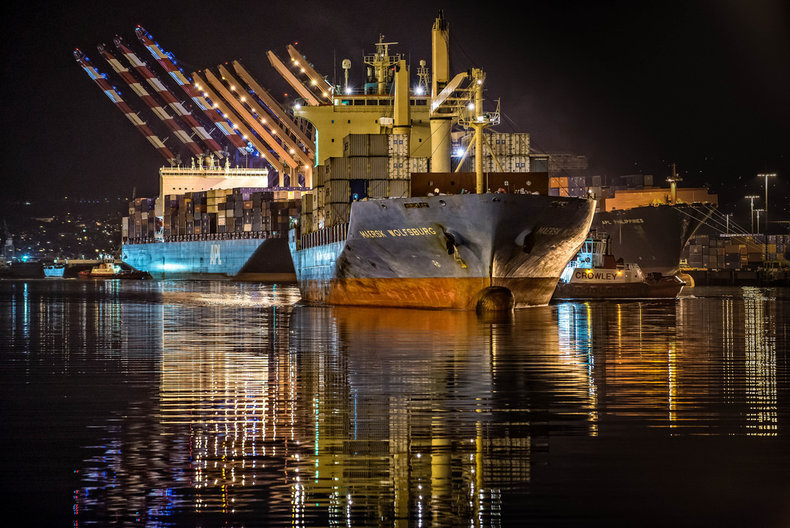
Urbanization
Industrialization concentrates production in large facilities such as factories, offices and data centers. This drives a process of urbanization whereby people move to the city from the countryside to pursue opportunity.
Consumerism
Economies of scale can push prices down and increasing productivity can push wages up. The result is disposable income. Industrial societies are characterized by sophisticated marketing and consumers who purchase far more than required to meet the base necessities of life. This is known as a consumer society or consumerism.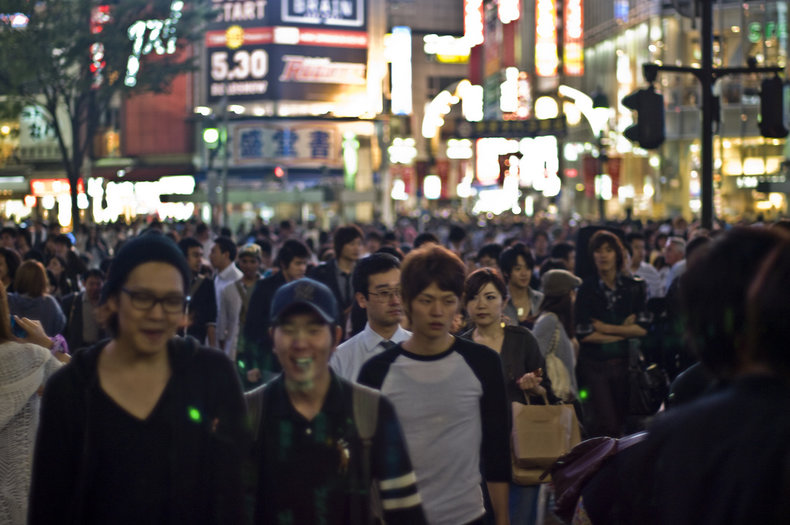
Pollution
Industrial societies consume a great deal of energy and goods. The production of such energy and goods produces pollution. The use and disposal of goods and packaging also cause pollution. Due to the significant scale of an industrial economy, pollution can also be produced at great scale. Competitive forces can shift production to regions with poor environmental laws creating a race to the bottom.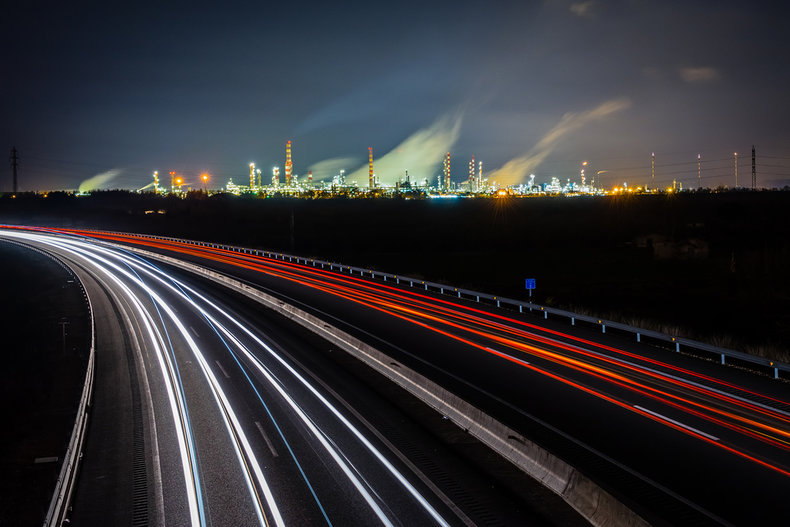
Concentration of Wealth
Historically, wealth tends to be heavily concentrated in a few individuals in any prosperous society. For example, systems of monarchy or military dictatorship typically lead to a small upper class that control most resources. Industrialization produces a new class of entrepreneurs, company executives and their descendents that control vast resources based on the ability to scale out a successful business. In some cases, this is heavily mitigated by high taxes.
Poverty
Industrialization led to an increasingly competitive labour market that required more knowledge and skill to participate. This coupled with a high rate of change and the automation of work can quickly displace large populations beginning a vicious cycle of poverty. This can be mitigated with heavy social spending in areas such as education and basic universal income. Industrialization is an inherently productive and efficient system and there is no reason it should not be able to provide for everyone.
Culture
Where industrialization produces a large middle class this allows for the pursuit of culture, art, hobbies, sport, leisure, nightlife and anything else that is easier to do with disposable income.
Knowledge Economy
Automation and the optimization of highly complex products and processes makes knowledge the key to all competition. The specialization of labor creates a diverse and lively labor market where people who obtain valuable know how and the ability to lead knowledge areas are in high demand in the labor market.
Development
Historically, industrialization was a path to becoming a developed country whereby increased productivity created a large middle class. It remains to be seen if industrialization is still the path to development that it once represented. For example, it is possible that industrial products have been commoditized to the point that manufacturing isn't the path to wealth that it once represented. It is further possible that a country could develop using more advanced economic models such as a service economy by skipping the industrial step.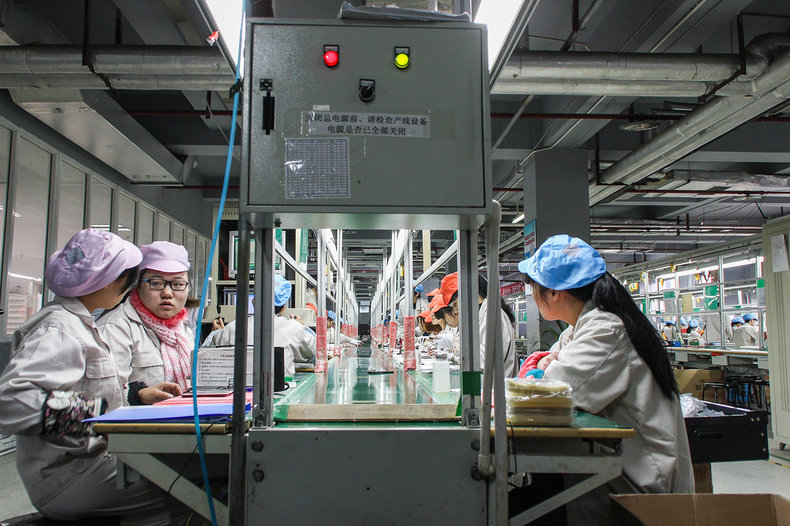
Quality of Life
Moving from an agrarian to an industry society increases standard of living meaning that people generally have more income. This doesn't necessarily increase quality of life that is measured in terms of satisfaction with life.
Service Economy
The service economy is a large number of business models that create intangible value. For example, a data center that manages technology infrastructure for clients as a service. Developed countries essentially move past industrialization whereby manufacturing becomes a small portion of economic activity as compared to services.
Experience Economy
The experience economy is the commoditization of the human experience whereby experiences are offered as a product or service. For example, a restaurant that provides a dining experience or a video game that provides an adventure. This has potential to far exceed the value of industrial business models such as manufacturing on a global basis.
Fourth Industrial Revolution
The fourth industrial revolution is a broad technological advancement that will transform production. This is centered around physical manifestations of computing such as robots or 3d printers. For example, a future farm that is completely operated by small robots at the micro or nano scale. Such robots may build each other and may resemble grey goo. This is likely to bring extreme material abundance and create very large risks. Societies of the future will likely need to be far more mature in their handling of risk to survive.
| Overview: Industrialization | ||
Type | ||
Definition | The movement of an economy towards a system of mechanization, mass production and division of labor. | |
Related Concepts | ||

